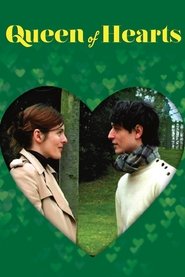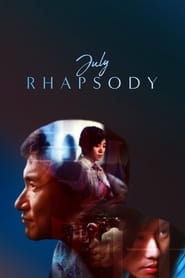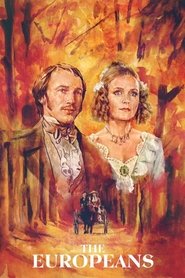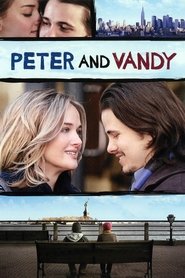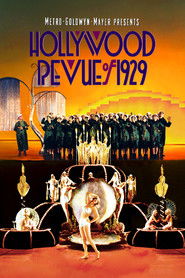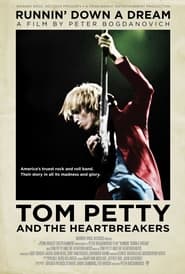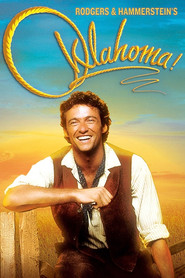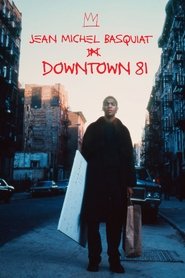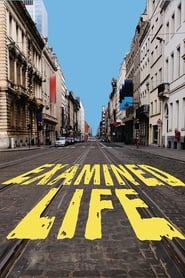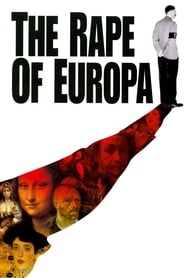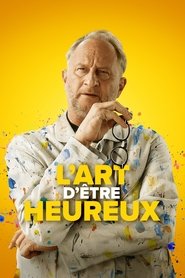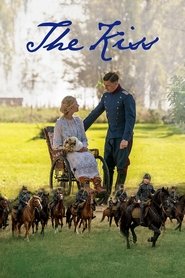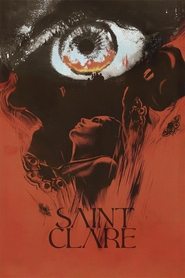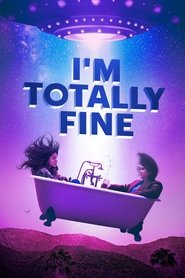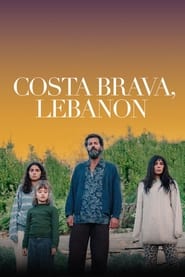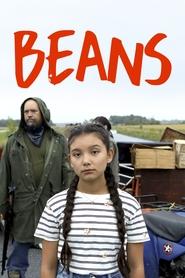Top Rated Movies on Kanopy - Page 308
-
The Queen of Hearts
2009
The Queen of Hearts
2009
star 5.5In this musical take on everyday life, Adele is devastated after a painful breakup. Her distant cousin, Rachel, finds her a job and suggests that Adele sleep with other men to get over her heartbreak. The search begins, but Adele can’t escape the visage of her former lover…. -
July Rhapsody
2002
July Rhapsody
2002
star 6.5Outwardly, Lam takes pride in his job teaching Chinese literature at an elite school and in his caring wife and two sons. But deep down, the forty-year-old wrestles with unfulfilled desires stoked by jealousy over his friends’ professional successes and the advances of a flirtatious student. The sudden return of his former mentor finally upsets this delicate balance, forcing Lam to unearth the long-hidden truth about who he is and gain a new perspective on how to live the rest of his life. -
The Europeans
1979
The Europeans
1979
star 5.5An adaptation of Henry James' novel about the Countess Eugenia Münster and her brother Robert, expatriate Americans who have grown up in Europe. Returning to prosperous relatives in New England, Eugenia hopes to make an advantageous marriage with a wealthy cousin. While Eugenia encounters obstacles, Robert finds his suit bearing fruit. -
Peter and Vandy
2009
Peter and Vandy
2009
star 6.3Flashbacks and flash-forwards illustrate the rise and fall of a love affair between two New Yorkers. -
Tom Petty and the Heartbreakers: Runnin' Down a Dream
2007
star 7.6Directed by Peter Bogdanovich and packed with rare concert footage and home movies, this documentary explores the history of Tom Petty and the Heartbreakers, including Petty's famous collaborations and notorious clashes with the record industry. Interviews with musical luminaries including Jackson Browne, George Harrison, Eddie Vedder, Roger McGuinn, Jeff Lynne, Dave Stewart and Petty himself shed some revelatory vision. -
Oklahoma!
1999
Oklahoma!
1999
star 6.5A dark-themed and redesigned West End production of Rodgers & Hammerstein's seminal Broadway musical tells the story of farm girl Laurey and her courtship by two rival suitors, cowboy Curly and the sinister and frightening farmhand Jud. -
Downtown '81
2001
Downtown '81
2001
star 6.7The film is a day in the life of a young artist, Jean-Michel Basquiat, who needs to raise money to reclaim the apartment from which he has been evicted. He wanders the downtown streets carrying a painting he hopes to sell, encountering friends, whose lives (and performances) we peek into. -
Examined Life
2008
Examined Life
2008
star 6.5Examined Life pulls philosophy out of academic journals and classrooms, and puts it back on the streets. Offering privileged moments with great thinkers from fields ranging from moral philosophy to cultural theory, Examined Life reveals philosophy's power to transform the way we see the world around us and imagine our place in it. -
The Rape of Europa
2007
The Rape of Europa
2007
star 7.4World War II was not just the most destructive conflict in humanity, it was also the greatest theft in history: lives, families, communities, property, culture and heritage were all stolen. The story of Nazi Germany's plundering of Europe's great works of art during World War II and Allied efforts to minimize the damage. -
The Art of Being Happy
2024
star 5.1Jean-Yves Machond, a globally unknown and generally unhappy painter, decides one day to change his life. He seeks inspiration in a small Norman town, in order to design a masterpiece that will finally earn him glory and eternal recognition. But his meeting with local artists, from the warm Bagnoule to the skillful Cécile, will somewhat make him deviate from his path, and bring him face to face with his deepest dream: that of simply being a happy man. -
Else
2025
Else
2025
star 6.8Anx has just met Cass when a mysterious virus breaks out: everywhere, people’s bodies are merging with objects. Stuck in their apartment, the couple must face this dreadful threat. -
Jackdaw
2024
Jackdaw
2024
star 4.6A former motocross champion and army veteran, now caring for his younger brother. Broke, he agrees to do an open water pick up of a mysterious illegal package in the North Sea. A resulting double cross and his brother’s disappearance set him and his old bike on a violent nocturnal odyssey through England’s northern rust belt. -
The Dogs
2025
The Dogs
2025
star 6.9After fleeing his psychotic father, a young teen and his mom seek refuge in a remote farmhouse, only to face a pack of ferocious dogs and the sinister spirits that haunt the property. -
The Kiss
2022
The Kiss
2022
star 6.5A romantic drama set in Denmark in 1913, the story follows Anton, a noble and conscientious young man whose top priority is to complete his training as a cavalry officer. During a training session, he orders his platoon to help Baron von Løvenskjold and finds himself invited to a ball at the castle, where he meets the baron’s beautiful daughter Edith who has been in an accident and ended up in a wheelchair. -
Saint Clare
2025
Saint Clare
2025
star 4.9In a small town a solitary woman is haunted by voices that lead her to assassinate ill intended people and get away with it, until her last kill sucks her down a rabbit hole riddled with corruption, trafficking and visions from the beyond. -
I'm Totally Fine
2022
I'm Totally Fine
2022
star 6.3Vanessa embarks on a solo trip after the death of her best friend, Jennifer. However, her self-care plans change when she finds Jennifer standing in her kitchen, claiming to be an extraterrestrial. -
Costa Brava, Lebanon
2022
Costa Brava, Lebanon
2022
star 6.4Members of a family quit the polluted, rubbish-strewn city of Beirut for an idyllic mountain home. However, their dreams of a utopian existence are shattered by the construction of a landfill on the boundary of their land. -
Beans
2021
Beans
2021
star 6.3Twelve-year-old Beans is on the edge: torn between innocent childhood and reckless adolescence; forced to grow up fast and become the tough Mohawk warrior she needs to be during the Oka Crisis, the turbulent Indigenous uprising that tore Quebec and Canada apart for 78 tense days in the summer of 1990. -
Dating & New York
2021
Dating & New York
2021
star 4.6After an electric one-night stand, two New York millennials draw up a friends-with-benefits contract to avoid the pitfalls of their past relationships.
 Netflix
Netflix
 Amazon Prime Video
Amazon Prime Video
 Apple iTunes
Apple iTunes
 Apple TV Plus
Apple TV Plus
 Disney Plus
Disney Plus
 Google Play Movies
Google Play Movies
 Paramount Plus
Paramount Plus
 Hulu
Hulu
 HBO Max
HBO Max
 YouTube
YouTube
 fuboTV
fuboTV
 Peacock
Peacock
 Peacock Premium
Peacock Premium
 Amazon Video
Amazon Video
 The Roku Channel
The Roku Channel
 AMC+
AMC+
 Kocowa
Kocowa
 Hoopla
Hoopla
 The CW
The CW
 Vudu
Vudu
 Starz
Starz
 Showtime
Showtime
 PBS
PBS
 Pantaflix
Pantaflix
 FXNow
FXNow
 Tubi TV
Tubi TV
 Kanopy
Kanopy
 Comedy Central
Comedy Central
 Crunchyroll
Crunchyroll
 Microsoft Store
Microsoft Store
 Redbox
Redbox
 Sun Nxt
Sun Nxt
 ABC
ABC
 DIRECTV
DIRECTV
 Crackle
Crackle
 Fandor
Fandor
 Plex
Plex
